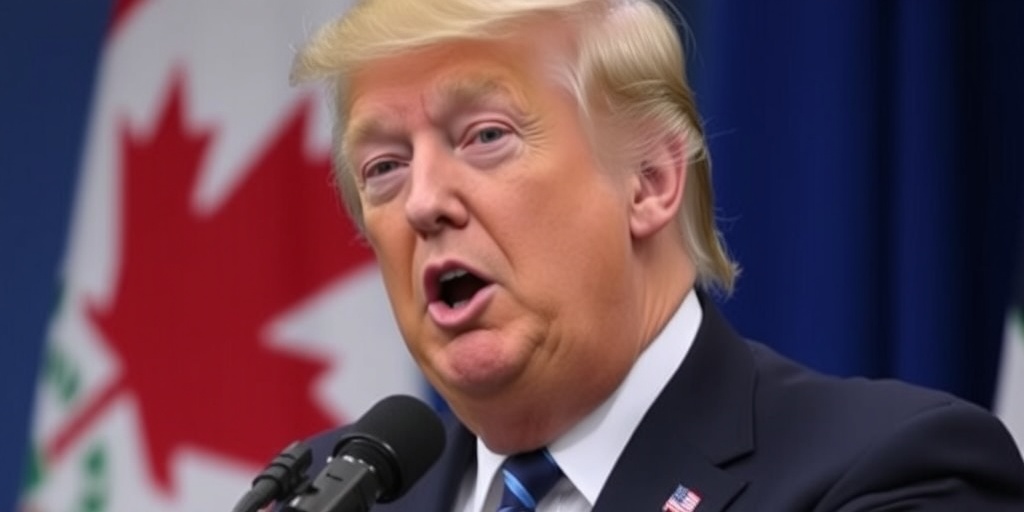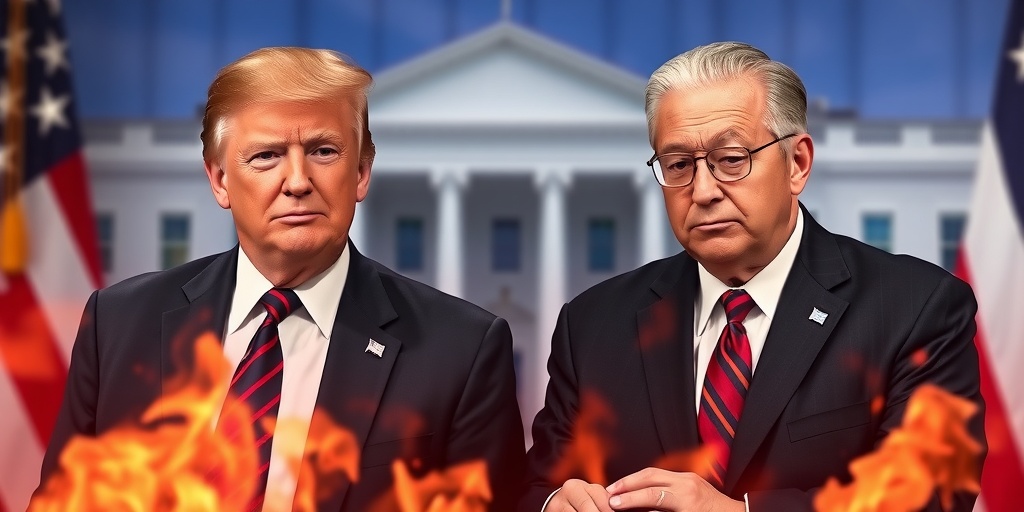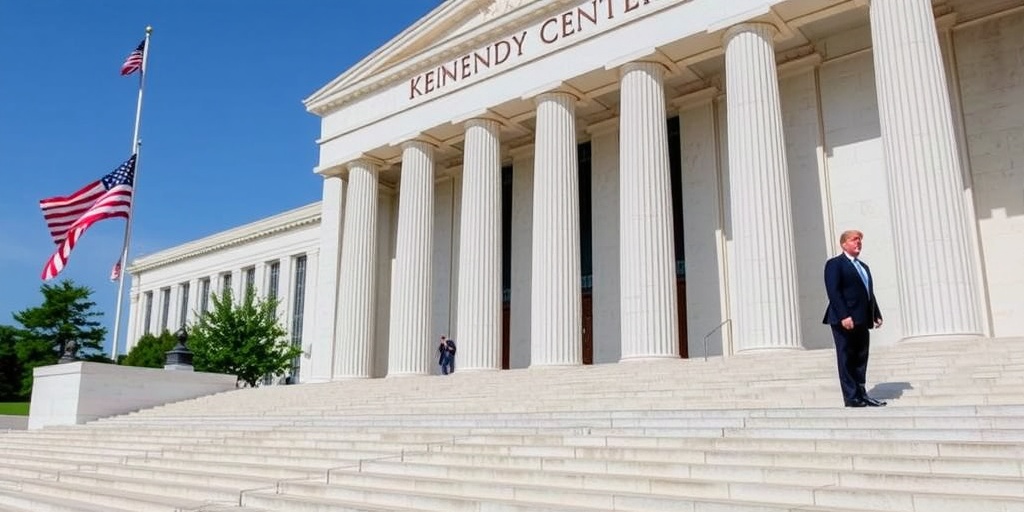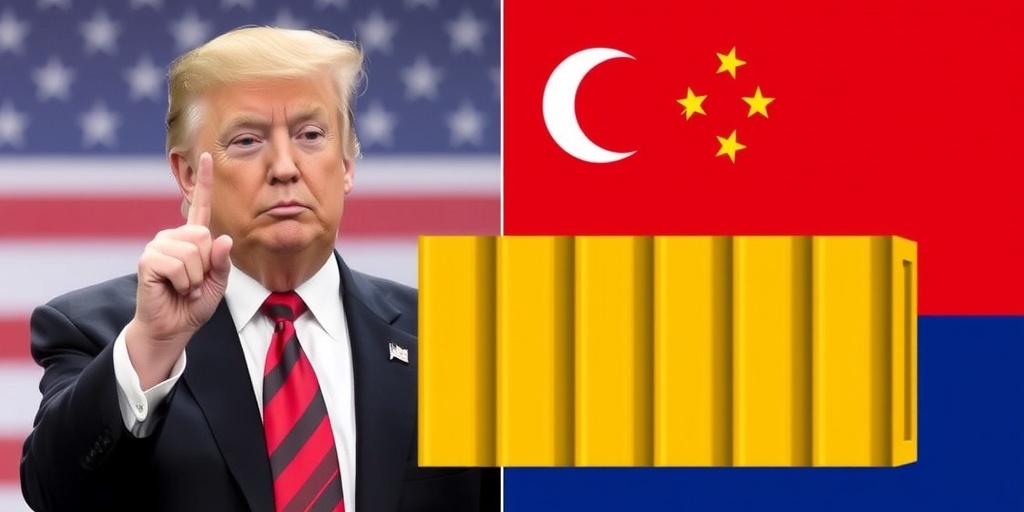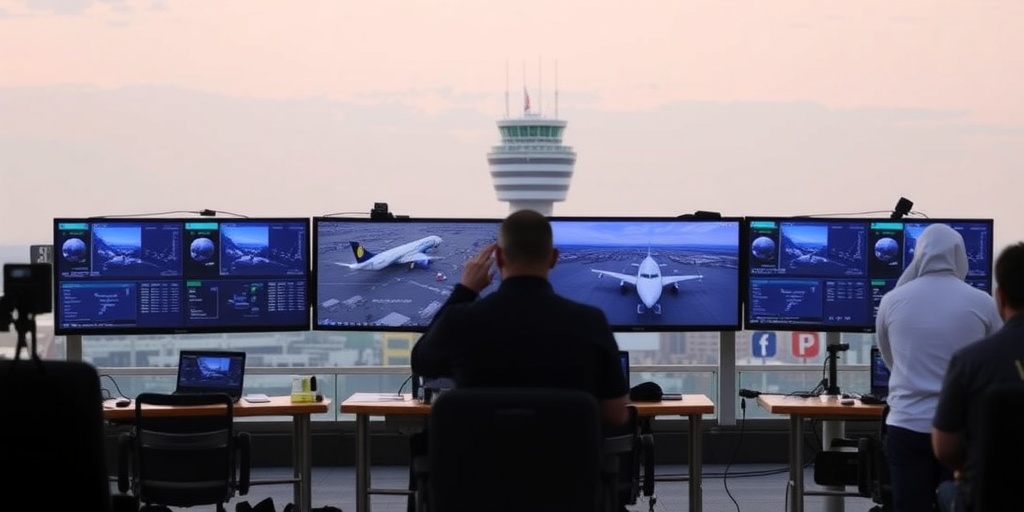Now Reading: Rubio Orders Review of Student Visa Applicants’ Social Media by U.S. Diplomats
-
01
Rubio Orders Review of Student Visa Applicants’ Social Media by U.S. Diplomats
Rubio Orders Review of Student Visa Applicants’ Social Media by U.S. Diplomats
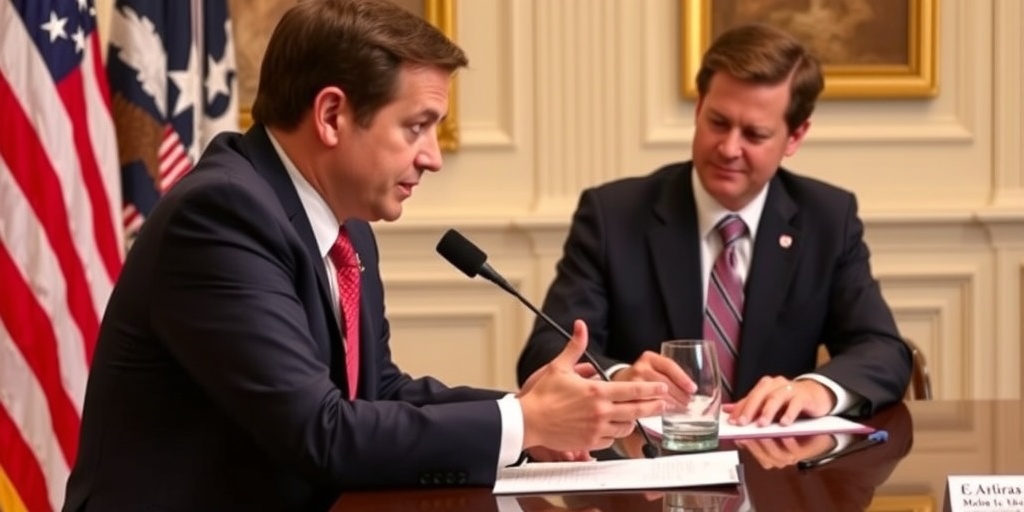
U.S. Secretary of State Marco Rubio Orders Enhanced Social Media Scrutiny for Visa Applicants Linked to Anti-American Sentiments
Date: [Insert Date]
In a significant shift in U.S. immigration policy, Secretary of State Marco Rubio has issued a directive for U.S. diplomats stationed overseas to increase scrutiny of certain visa applicants’ social media activities. This initiative aims to prevent individuals suspected of harboring hostile sentiments towards the United States and Israel from entering the country. The directive was communicated through a detailed cable sent to diplomatic missions on March 25, 2025.
The directive follows closely on the heels of a series of executive orders signed by President Donald Trump, establishing a more aggressive approach to the deportation of individuals deemed to have “hostile attitudes” toward American principles, culture, or citizens. This initiative is part of a broader strategy to enhance national security by excluding individuals whose views and actions may pose a threat to U.S. interests, particularly those linked to the ongoing Israel-Palestine conflict.
Rubio’s cable outlined that consular officers are now required to refer applicants for student and exchange visitor visas (specifically categories F, M, and J) to the embassy’s fraud prevention unit for mandatory social media checks. This measure raises concerns about the implications for freedom of speech as applicants may feel compelled to censor themselves online to avoid jeopardizing their visa applications.
The scrutinization is particularly targeted at individuals suspected of having ties to terrorism, or those who held a visa between October 7, 2023, and August 31, 2024. This timeframe is critical as it coincides with a major escalation of violence following an attack by Hamas on Israel on October 7, 2023, resulting in over 1,200 Israeli deaths and prompting Israel’s military response that has led to significant casualties in Gaza.
The cable explicitly mentions that any behavior suggesting a "hostile attitude toward U.S. citizens or U.S. culture, government, institutions, or founding principles" can be grounds for visa denial. This broad and subjective wording is likely to lead to heightened anxiety among foreign applicants, who may self-censor their expressions in fear of being denied entry into the U.S.
In a recent CBS News interview, Rubio stated, "We don’t want people in our country that are going to be committing crimes and undermining our national security or the public safety. It’s that simple, especially people that are here as guests." This statement embodies the sentiment behind the newly instituted social media vetting process, which critics argue could curtail open discourse on sensitive issues.
Federal agents have already begun acting on these new directives, as Rubio disclosed that he has revoked around 300 visas since assuming the position of Secretary of State in January. Many of those affected are students engaged in protests against Israel, which, according to Rubio, undermine U.S. foreign policy interests. This move has sparked criticism as it targets individuals who express dissenting views on complex geopolitical matters.
One notable case involves Mahmoud Khalil, a graduate of Columbia University, and Yunseo Chung, an undergraduate at the same institution. Both faced the revocation of their permanent residency status based on their protests against U.S. policy. Khalil, who is married to an American citizen, and Chung, who has lived in the U.S. since the age of seven, exemplify the personal ramifications of the new policies, stirring significant debate over the administration’s approach to immigration and civil liberties.
Recently, the crackdown also led to the detention of Rumeysa Ozturk, a Turkish graduate student at Tufts University, who was taken by federal agents due to her involvement in activism supporting Palestinian rights. Rubio has stated, “Every one of them I find, we’re going to kick them out,” emphasizing his administration’s zero-tolerance policy toward those who engage in what he describes as disruptive behavior on U.S. campuses.
The Department of State has refrained from commenting on the specifics of the cable but acknowledged that they employ all available technology to screen visa applicants thoroughly. This includes the potential use of artificial intelligence to analyze social media activity. Critics of the policy argue that such measures threaten essential freedoms and could intimidate foreign nationals from exercising their rights to expression and assembly.
The implications of Rubio’s directive extend beyond immediate visa refusals; they signal a broader trend in U.S. immigration policy. The move aims to create an environment where critical perspectives toward U.S. foreign policy might be silenced, pushing potential applicants to reconsider their engagement in political discourse altogether. As the situation develops, foreign students and academics may find the path to studying in the United States increasingly fraught with challenges.
As immigration advocates raise their voices against these policies, the balance between national security and individual rights continues to be tested in the evolving landscape of American immigration law. The ripple effects of these actions will be observed closely by current and prospective visa applicants amid a climate of increasing scrutiny and regulation surrounding immigration applications.
Stay Informed With the Latest & Most Important News
Previous Post
Next Post
-
 01New technology breakthrough has everyone talking right now
01New technology breakthrough has everyone talking right now -
 02Unbelievable life hack everyone needs to try today
02Unbelievable life hack everyone needs to try today -
 03Fascinating discovery found buried deep beneath the ocean
03Fascinating discovery found buried deep beneath the ocean -
 04Man invents genius device that solves everyday problems
04Man invents genius device that solves everyday problems -
 05Shocking discovery that changes what we know forever
05Shocking discovery that changes what we know forever -
 06Internet goes wild over celebrity’s unexpected fashion choice
06Internet goes wild over celebrity’s unexpected fashion choice -
 07Rare animal sighting stuns scientists and wildlife lovers
07Rare animal sighting stuns scientists and wildlife lovers













